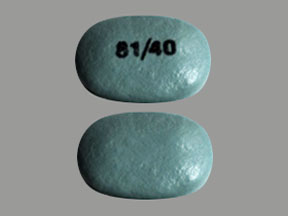
Yosprala Coupons & Savings Card – Discount Prices from $539.40
Brand for: Aspirin-omeprazole
My prescription
Edit
81-40MG, Aspirin-omeprazole (90 Tablet Delayed Releases)
Select pharmacy

CVS
$2441.40
COUPON PRICE
Albertsons
$539.40
COUPON PRICE
Walmart
$2374.00
COUPON PRICE
Walgreens
$2461.70
COUPON PRICEYosprala savings card
Show this card to your pharmacist
Albertsons
$539.40
BIN
ID
PCN
GRP
019876
LHC12E5D9E
CHIPPO
LHX
Powered by
Related antiplatelet drugs prescriptions
More prescriptions for stroke risk reduction
Related antiplatelet drugs prescriptions
More prescriptions for stroke risk reduction
Yosprala (Aspirin-omeprazole) dosage forms
Dosage Quantity Price from Per unit 81-40MG 90 Tablet Delayed Releases $539.40 $5.99 81-40MG 15 Tablet Delayed Releases $96.15 $6.41 81-40MG 30 Tablet Delayed Releases $184.80 $6.16
| Dosage | Quantity | Price from | Per unit |
|---|---|---|---|
| 81-40MG | 90 Tablet Delayed Releases | $539.40 | $5.99 |
| 81-40MG | 15 Tablet Delayed Releases | $96.15 | $6.41 |
| 81-40MG | 30 Tablet Delayed Releases | $184.80 | $6.16 |
What is the drug YOSPRALA used for?
YOSPRALA is used to reduce the risk of cardiovascular events, such as heart attack or stroke, in patients who require aspirin for this purpose and are at risk of developing gastric ulcers. It combines aspirin with omeprazole, a proton pump inhibitor, to help protect the stomach lining.
What is the brand name for aspirin and omeprazole?
The brand name for the combination of aspirin and omeprazole is Yosprala.
How much does YOSPRALA cost?
The cost of YOSPRALA can vary depending on factors such as the pharmacy, location, and whether the patient has insurance coverage. It is recommended to check with local pharmacies for the most accurate and up-to-date pricing. Additionally, patients may want to inquire about any available discounts or patient assistance programs that could help reduce the cost.
What are the side effects of the drug YOSPRALA?
YOSPRALA, which combines aspirin and omeprazole, may cause several side effects. Common side effects include nausea, indigestion, heartburn, and stomach pain. Less common but more serious side effects can include bleeding, ulcers, and allergic reactions. It's important for individuals to consult their healthcare provider if they experience any severe or persistent side effects.
